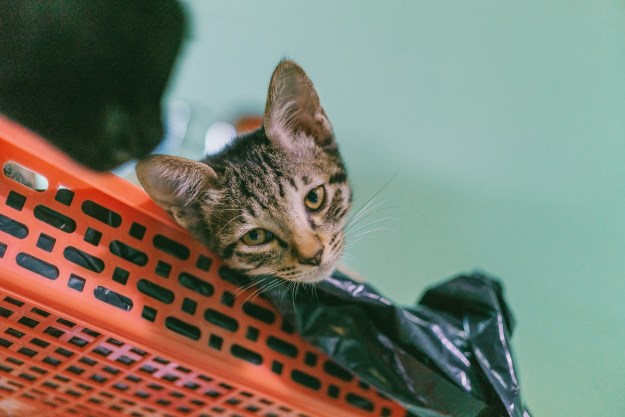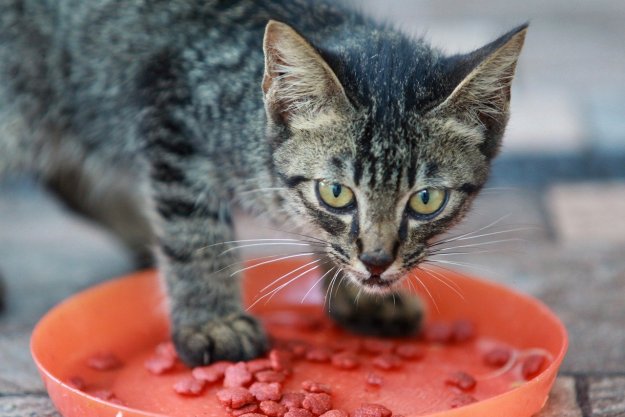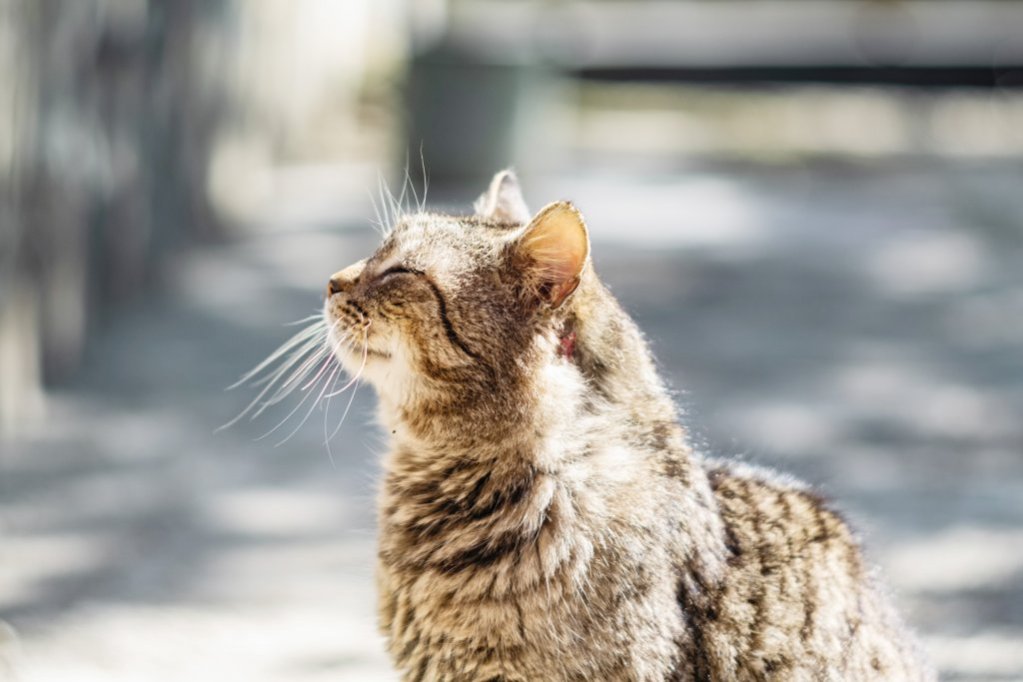
If you’re fortunate, you’ll get to watch your cat age and progress through her senior years. But senior cats have different health needs than younger ones do, so the way you care for your aging cat will need to change in different ways, as well.
With certain health conditions becoming more likely in older kitties, staying on top of your cat’s wellness becomes extra important. This may mean some additional time and vigilance, as well as more frequent trips to the vet. When you provide your pet with top-quality care, you can support her health and comfort as she moves through her golden years.
At what age is a cat a senior?
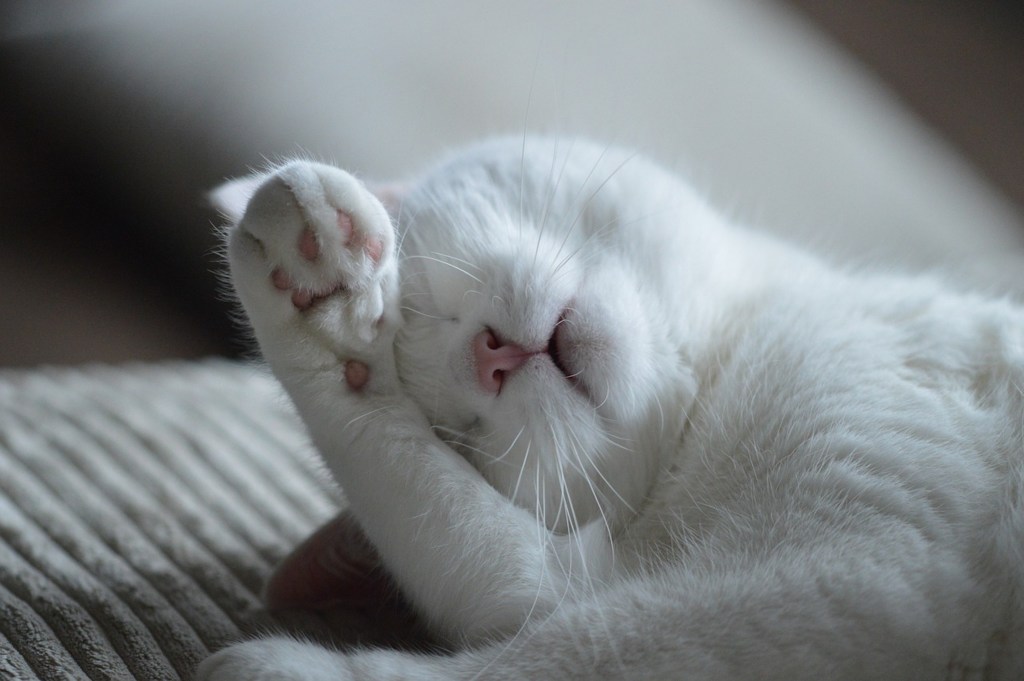
Provide appropriate play sessions
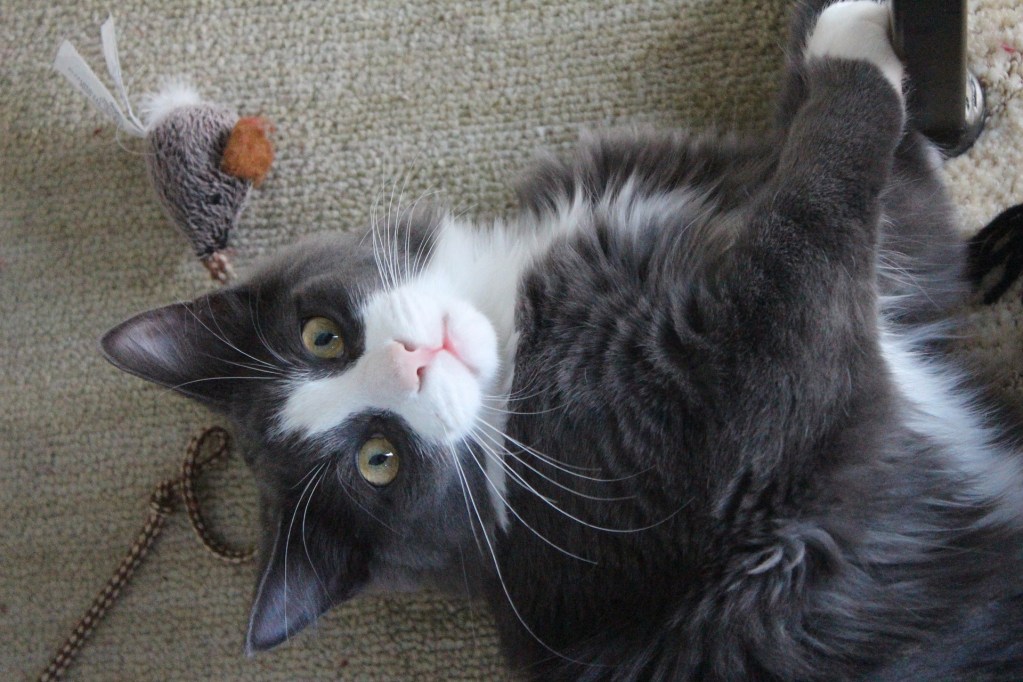
As your cat ages, she may naturally start to slow down, but becoming entirely inactive can lead to other health issues, like weight gain. Some activity is essential to your cat’s health, and you can play a role in keeping your senior feline active.
Make a point of playing with your kitty cat daily. Keep these sessions short, especially if your animal is already somewhat inactive, but try to get your cat moving. Buying some new toys or adding catnip to the mix can help pique her interest.
You might also find that bringing a kitten into your home gets your cat feeling playful and active again. This will depend on your sweet girl, her age, physical condition, and temperament, too, so it’s important to carefully consider whether getting a youngster is the right decision for your household and your cat. In many cases, though, bringing in a younger pet can help keep your older pet active.
Consider a joint supplement
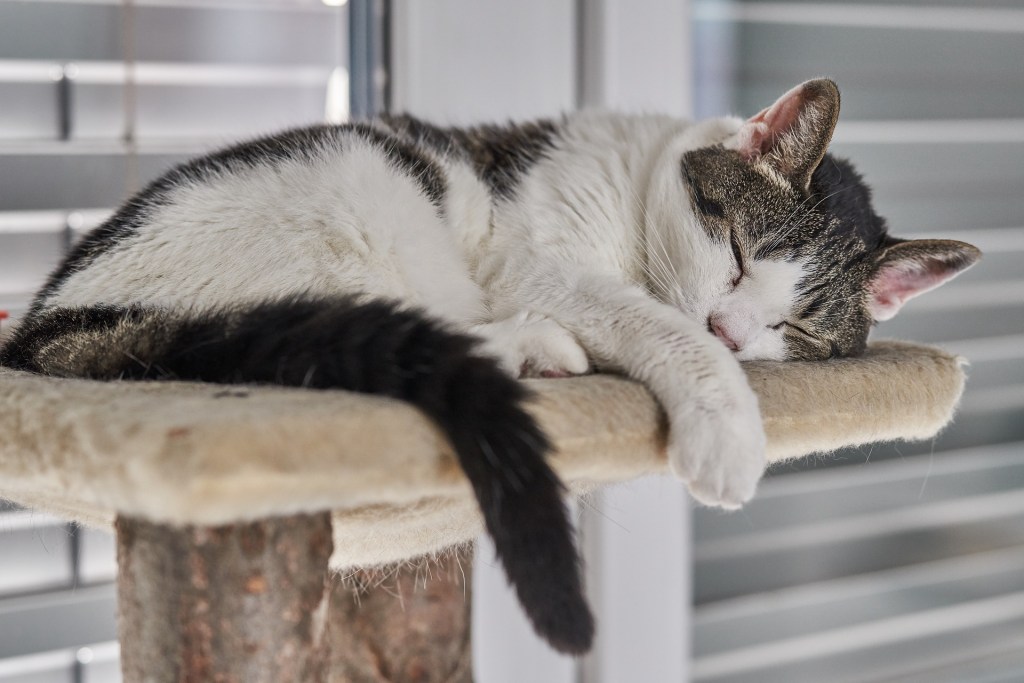
Many senior cats will develop arthritis, and you may need to give your furry friend a joint supplement to help them stay comfy and move well. If your cat does develop stiff or painful joints, be sure to schedule a vet visit to discuss it. In cases of severe arthritis, your vet might prescribe pain medication.
If your cat’s arthritis is mild, your vet might instead suggest supplements and other ways to keep them feeling good, like giving them soft sleeping spots and a space where they can stay warm on cold days. Encouraging your cat to do some low-impact exercise, like a short play session or stroll through the house, can also help get stiff joints moving more easily.
Go for checkups
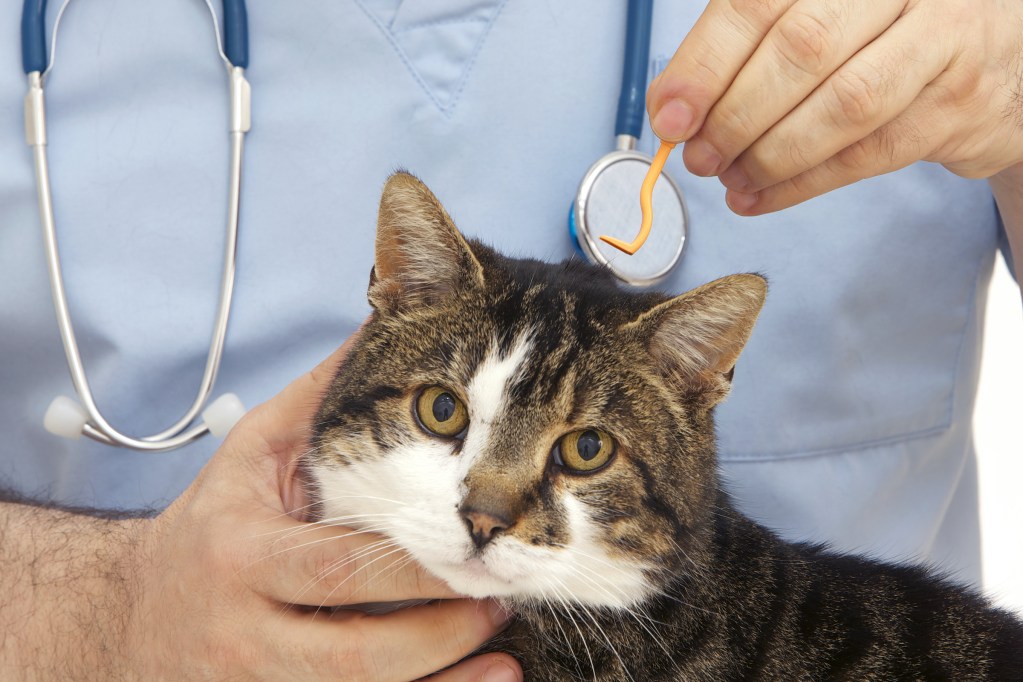
Your vet will probably recommend that you start bringing your cat in for more frequent visits as she ages. These senior visits typically take place every six months. Because senior cats are prone to more health issues than younger guys, more frequent visits help your vet closely monitor your cat’s health. That makes it likelier that your vet can quickly identify an emerging health issue and take action to stop it or reduce its severity.
These appointments also make it easier to monitor your pet’s weight. If your mouser is dealing with dental issues, she may start to have trouble eating and lose weight. Senior cats may also need diet changes to help maintain a proper weight. The vet can make diet recommendations specific to your cat’s needs that will help stabilize her weight at an optimal level.
Watch for signs of pain
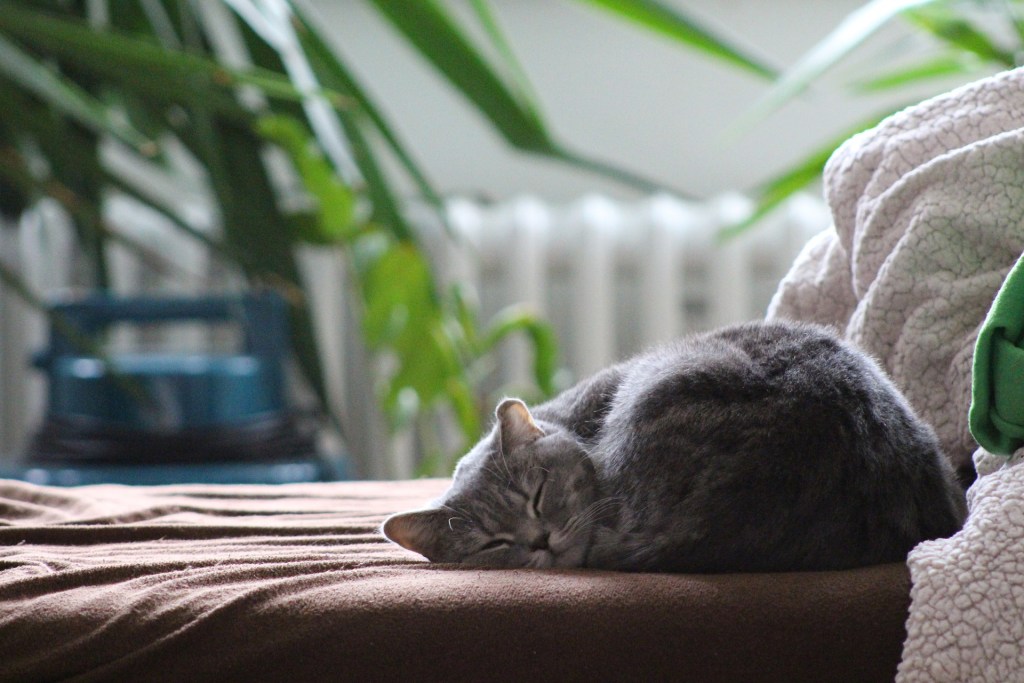
Arthritis and other conditions can cause senior cats to develop pain and stiffness. It’s important to carefully watch your fur baby for signs that she’s hurting. You might notice her limping slightly, being reluctant to get on her favorite furniture, or even having trouble eating off a dish that’s on the floor.
While you should always start with a trip to the vet to identify the source of your cat’s discomfort, you also can take some steps at home to make her more comfortable:
- Your cat may find it easier to eat out of food and water dishes that are raised off the floor. If you’d previously been keeping those dishes high up on a piece of furniture, consider relocating them to the floor so that your cat doesn’t have to jump up or climb to access her food.
- If your cat likes to climb onto the couch or into a favorite armchair, consider using pet stairs to make it easier for her to access those spots.
- You’ll want to make your cat’s sleeping spots extra cozy. More padding, like additional blankets, can help keep an arthritic cat comfortable. Seniors also may enjoy a heated bed, especially in cool weather, which can help ease stiffness.
As your cat ages, she’ll naturally need some enhanced care. The more you can monitor and watch your cat for changes, the sooner you’ll be able to get any needed veterinary treatment and adjust your care to keep her comfortable and healthy. Staying aware of the issues your cat might face can make it easier to spot them if they do occur. Making some small adjustments in your care routine and your home can help your cat live in increased comfort, even as she ages. It’s a fabulous way to thank your cat for her companionship and to demonstrate just how much you love her.
Editors' Recommendations
- This is why cats pee on clothes (and how you can save your wardrobe in the future)
- Cats chirping at birds is totally normal (and here’s why you should encourage it)
- Why do cats twitch in their sleep? The real reasons behind this curious behavior
- Why do cats cover their face when they sleep? This adorable behavior, explained
- Is your cat obese? 5 ways to help them slim down

